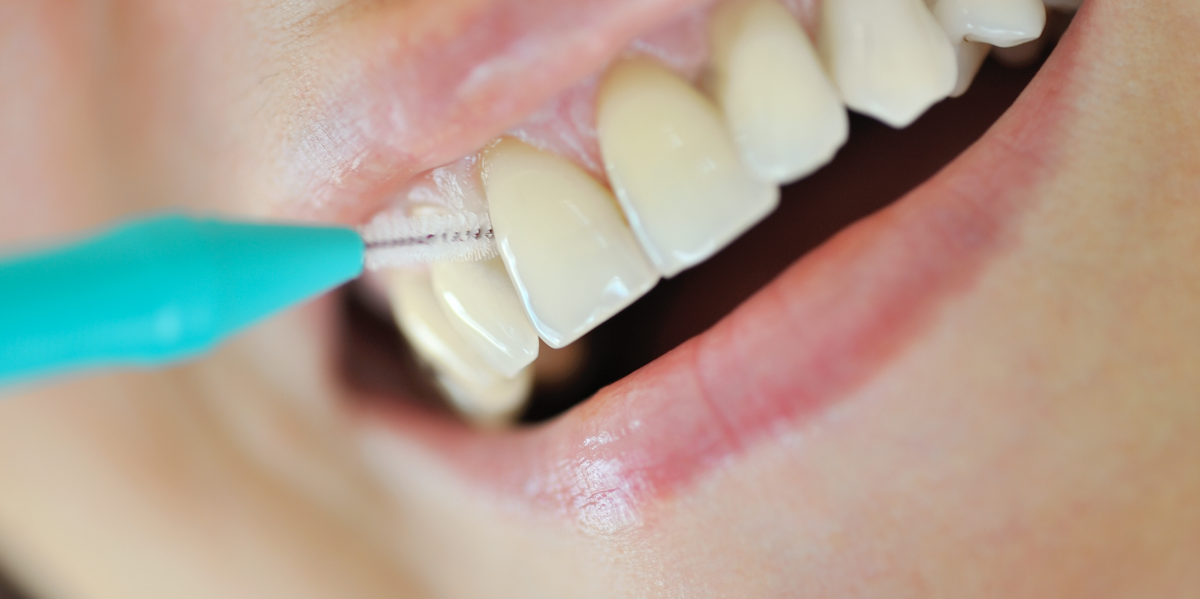Dental Care and Oral Hygiene in RCFEs
Dental care for RCFE residents is not spelled out in Title 22,. It is mentioned as part of Article 8, Section 87464, Basic Services which states facilities shall include, at a minimum, arrangements to meet the requirements of Section 87465, Incidental Medical and Dental Care Services. Section 87465 offers a bit more detail stating facilities shall have a plan to encourage routine dental care and shall provide assistance in obtaining such care. But exactly how facilities encourage and provide assistance is up to you and your staff. This article offers some helpful tips from the dental community to freshen up your approach.
Why is dental care important for older adults?
Good oral health is important at every age. For older adults though, it may be more difficult to maintain good oral health. Loss of mobility or arthritis can make gripping brushes and floss more difficult. For those with dementia, they may forget how to perform this task or that dental care is necessary. Since Medicare does not cover dental services and few older adults retire with dental insurance, routine dental care is important as a prevention strategy.
An Ounce of Prevention
A daily routine is key to any dental care plan you implement in your facility. The American Dental Association recommends brushing two or more times daily. In the evenings, teeth should be brushed after the last meal and after any liquid medications. Flossing daily is equally important. For residents with dentures, dentures should be removed from the mouth and cleaned in the morning and evening. to remove food particles. Using a soft toothbrush or gauze, staff can then clean the resident’s gums and tongue. Dentures should always be removed before bed and returned to the mouth in the morning.
Title 22 Section 87465 (a) (1) specifically requires that the dental care provided by facilities be appropriate to the conditions and needs of each resident. While many residents may still be able to care for their own teeth, some may need hands-on assistance. Here are some tips:
- Do not just attempt to brush a resident’s teeth. Be sure to add short prompts to guide the process, like “open your mouth,” and “hold the toothbrush”
- Encourage the person to relax their lips and cheeks
- Introduce the toothbrush at the corner of the mouth
- Place the toothbrush on the gum line and use a massaging motion
- Brush one or two teeth at a time in small, gentle circles
- Consider using a second toothbrush to lift the lip and cheeks to see the gums better
- If flossing is difficult, you may try using a ‘proxabrush’ (see Image below).
In addition to a daily routine, regular dental checkups and cleanings are important (at least every 6 months). Also, listen and watch for mouth pain and address soon to avoid complications. While some residents may be able to tell you of any discomfort, some may indirectly tell you. Some signals of discomfort might be a refusal to eat, wincing when eating, or any out of the ordinary resistance.
Finally, the number one reason for cavities is persistent dry mouth. There are over 400 drugs prescribed to older adults that can cause dry mouth. Keeping dental providers informed about a resident’s medications is helpful. Dentists can recommend changes to medications if dry mouth is causing discomfort. They can also recommend oral care products, like over-the-counter mouth rinses, that have fluoride to prevent tooth decay and promote saliva. Simple home remedies for dry mouth can also include sucking on finely crushed ice throughout the day, eating sugar-free hard candies, chewing gum with xylitol, and drinking plenty of water throughout the day and during meal times. 
Making oral health a priority in your facility is one way to stand out from the competition. It can also help you improve other aspects of the care you provide. For example:
- Ensuring Good Nutrition: Tooth pain and gum disease impact older adults’ ability to eat high fiber foods, and soft diets are often higher in sugar and lower in nutritional content
- Increasing Social Interaction: Bad breath can discourage smiling and engagement with others, which can lead to depression
For additional information and ideas on providing dental care to your residents, check out The American Dental Association Mouth Healthy website for adults over 60 and The Alzheimer’s Association Dental Care page.
Sources: Truett, Beth and Tracy, Karen (2019). “Older Adults and Oral Health: Are Older Americans Coming of Age Without Oral Healthcare”. American Society on Aging Conference, New Orleans, LA.
The Alzheimer’s Association. Retrieved April 29, 2019. https://www.alz.org/help-support/caregiving/daily-care/dental-care
The American Dental Association. Retrieved April 29, 2019. https://www.mouthhealthy.org/en/adults-over-60




